M.Tech. in Radar and Microwave Engineering: Diverse careers, innovation, competitive salaries, global opportunities.
Future Scope & Benefits: M.Tech. in Radar and Microwave Engineering Course
A Master of Technology (M.Tech.) in Radar and Microwave Engineering offers a promising future scope and numerous benefits to graduates. This specialized program equips students with in-depth knowledge and expertise in radar systems, microwave technology, and related fields. Below, we explore the future scope and benefits of pursuing an M.Tech. in Radar and Microwave Engineering in India:
1. High Demand for Skilled Professionals:
Radar and microwave technology are integral components of various industries, including defense, aerospace, telecommunications, remote sensing, and automotive. As a result, there is a growing demand for skilled professionals who can design, operate, and innovate in these fields. Graduates of this program are well-positioned to fill these roles.
2. Diverse Career Opportunities:
Graduates have a wide range of career options to choose from, including:
Radar Engineer: Designing, developing, and maintaining radar systems for applications such as defense, air traffic control, and weather monitoring.
Telecommunication Engineer: Working on the design and optimization of wireless communication systems, including satellite communication and 5G networks.
Remote Sensing Specialist: Analyzing data from satellite and radar systems for applications in agriculture, environmental monitoring, and disaster management.
Antenna Engineer: Designing and optimizing antenna systems for various applications, including satellite communication and wireless devices.
Research Scientist: Conducting research in radar technology, microwave devices, and related fields, leading to innovations and advancements.
Consultant: Providing expertise to industries seeking to improve their radar and microwave systems, troubleshoot issues, and optimize performance.
Academic and Research Roles: Pursuing careers in academia as professors, researchers, or research associates, contributing to the development of knowledge in the field.
3. Competitive Salaries:
Due to their specialized skills and expertise, M.Tech. graduates in Radar and Microwave Engineering often command competitive salaries in their respective industries. Employers value their ability to work on cutting-edge technology and solve complex problems.
4. Opportunities in Defense and Aerospace:
The defense and aerospace sectors are significant employers of radar and microwave engineers. Graduates can work on projects related to radar-based surveillance, missile guidance systems, and radar cross-section (RCS) analysis. These roles are essential for national security and defense.
5. Innovation and Research Opportunities:
The program emphasizes research and innovation, allowing graduates to contribute to advancements in radar technology, microwave devices, and related fields. They can work on projects that push the boundaries of what is possible in areas such as radar imaging, signal processing, and microwave component design.
6. Multidisciplinary Skill Set:
M.Tech. graduates in Radar and Microwave Engineering possess a unique combination of skills. They are proficient in electronics, electromagnetic theory, signal processing, and microwave design. This multidisciplinary knowledge makes them adaptable and capable of addressing complex challenges in diverse industries.
7. Contribution to Emerging Technologies:
The skills acquired in radar and microwave technology are highly relevant to emerging technologies such as autonomous vehicles, IoT (Internet of Things), and advanced communication systems. Graduates can play a crucial role in the development and deployment of these technologies.
8. International Opportunities:
The knowledge and skills gained in this program are transferable globally. Graduates can explore job opportunities not only in India but also in international markets, where radar and microwave technology are essential for various applications.
9. Collaboration and Networking:
During the program, students often have the opportunity to collaborate with industry professionals, work on research projects, and attend conferences and seminars. These experiences help build a valuable professional network, which can be advantageous for career growth and opportunities.
10. Entrepreneurship and Start-up Ventures:
Some graduates may choose to leverage their expertise to start their own companies or consultancy firms specializing in radar and microwave technology. They can provide consulting services, develop innovative products, or offer solutions to industry challenges.
11. Impact on Society and the Environment:
Radar and microwave technology have applications beyond defense and telecommunications. Graduates can use their skills to address societal challenges, such as environmental monitoring, disaster management, and public safety. They can contribute to solutions that have a positive impact on society and the environment.
 2 Years
2 Years
 Post Graduate
Post Graduate
 Engineering
Engineering
 Full Time
Full Time
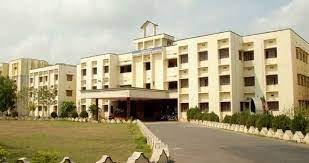
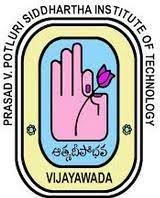
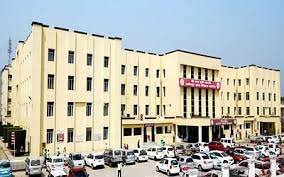
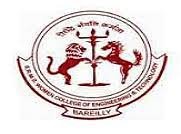
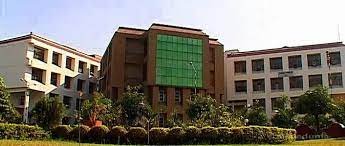
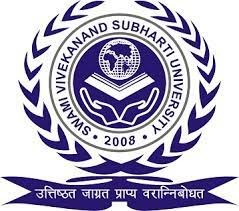
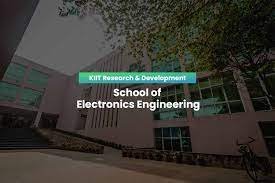

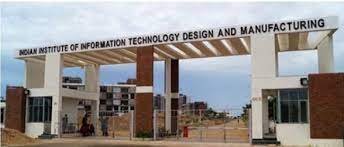


 back
back